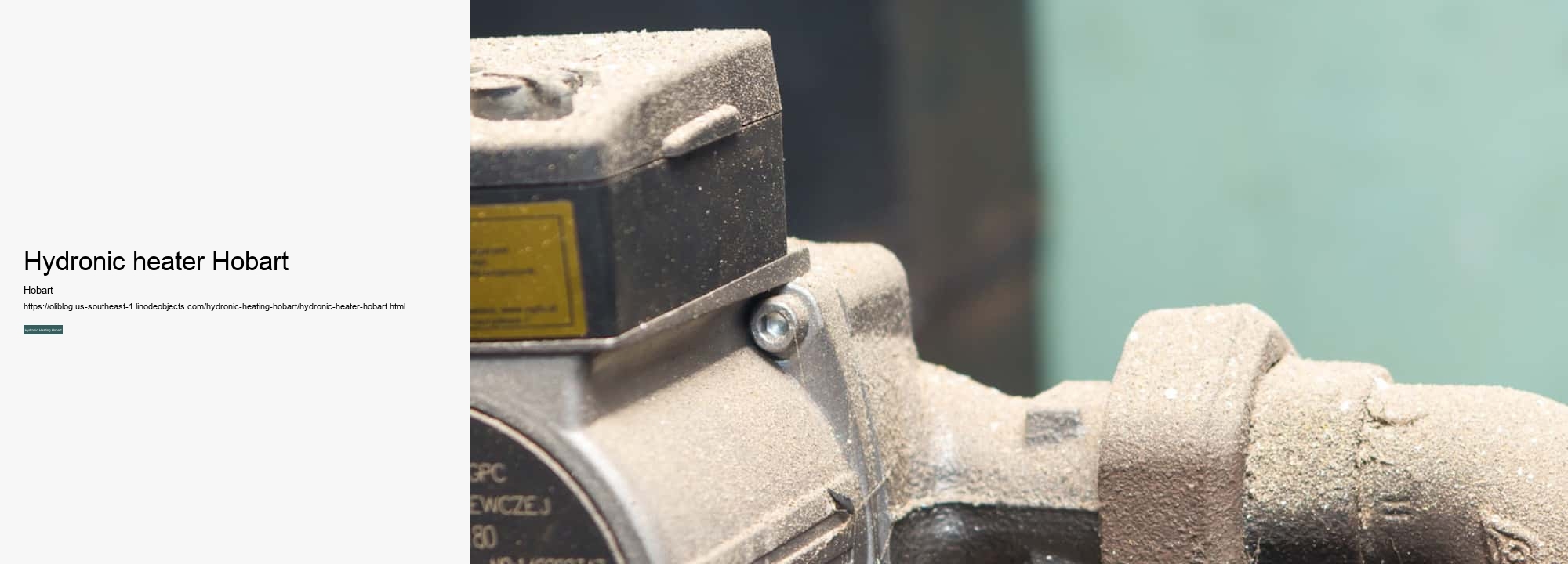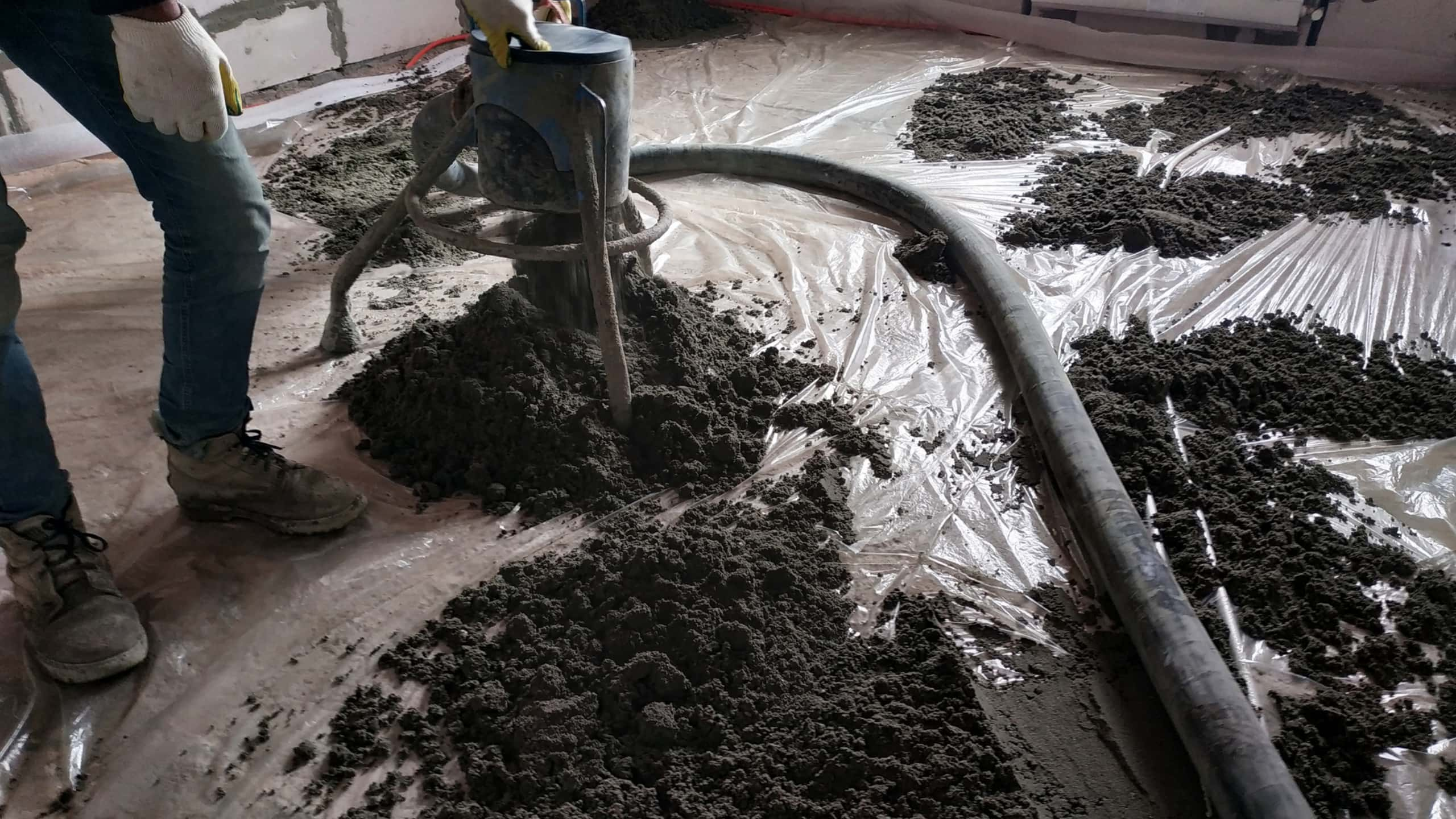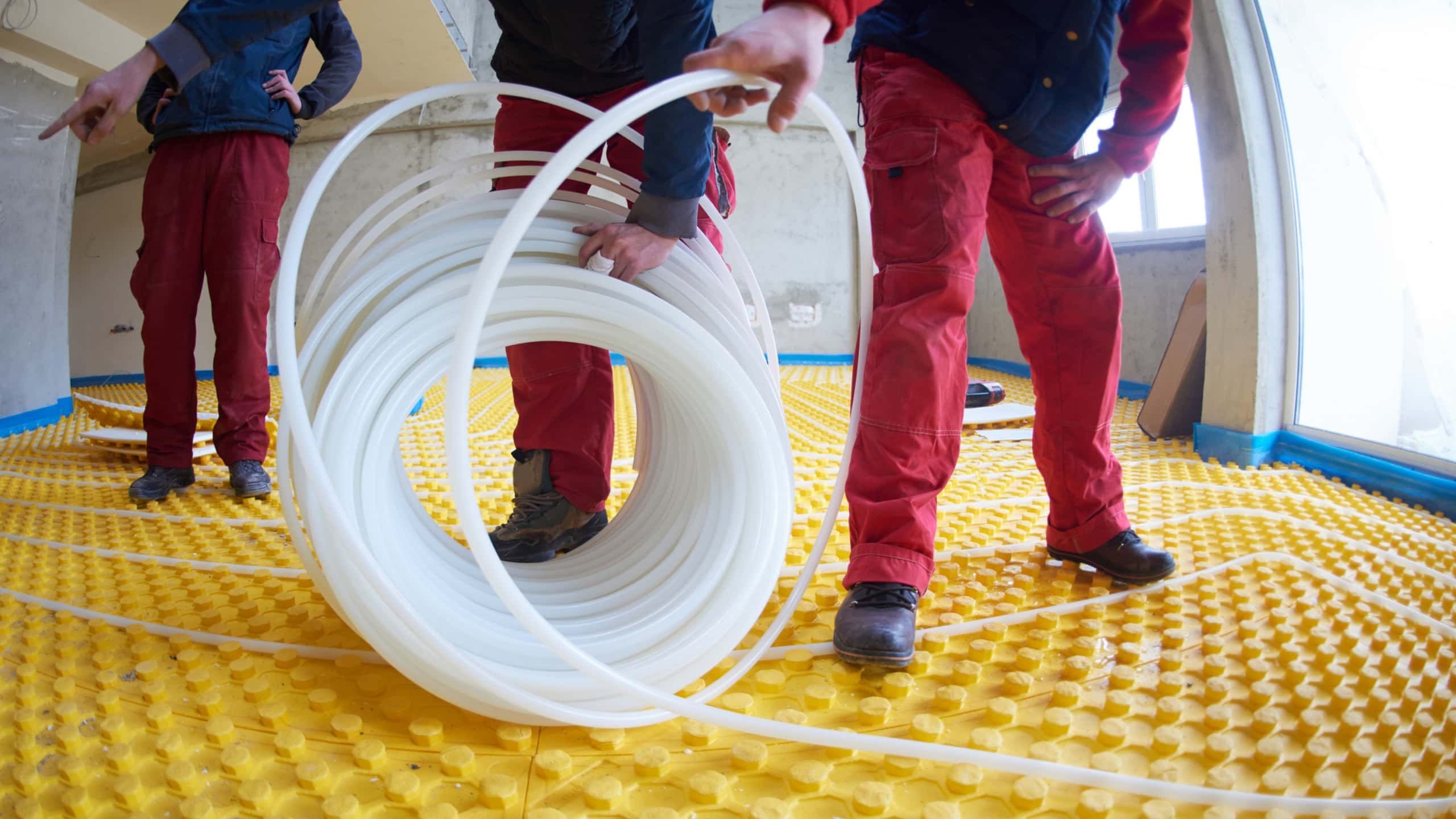

In conclusion, installing a hydronic heating system in one's home can provide numerous advantages for both financial and environmental reasons. Hydronic heating is extremely versatile, allowing for temperature control at any individual area in the house. The unit is powered by hot water that circulates through pipes and radiators in order to heat your home. Firstly, it is extremely energy efficient and can save money on energy bills.
Once you have determined how much heat is required for your particular situation, you can begin to narrow down the selection of boilers available on the market. Cost Analysis of Hydronic Heating Versus Other Heating TypesCost analysis is an important factor when it comes to choosing the best heating system for your home. This type of system uses heated water that is circulated through pipes in order to deliver warmth to your living spaces.
How to Make Sure You Get Optimal Performance from Your Hydronic HeatingMaking sure you get the most out of your hydronic heating system can be a daunting task. Troubleshooting Common Issues with Hydronic Heating SystemsTroubleshooting common issues with hydronic heating systems can be a daunting task. To maximize efficiency and reduce energy costs, you may want to consider investing in an insulated ventilation ducting system or sealed combustion vents for any open flues or pipes leading outdoors.
The warm water also helps to reduce allergens like mold spores, pet dander, and pollen. Look for models that are Energy Star certified as they have been tested and proven to use less energy than conventional systems while providing superior performance. A larger area might require a more powerful system to heat it effectively, while smaller spaces can benefit from using less powerful units that are easier on the wallet.
How to Choose the Right Hydronic Heating Solution for Your NeedsFinding the right hydronic heating solution for your needs can be a daunting task. If it's too low or too high, adjust accordingly.
First, it's important to understand how your hydronic heating system works. The first step is installing a boiler, which will boil the water until it reaches a certain temperature before sending it through pipes located throughout the house. Next, you must consider the size of the space where the system will be installed. First, select an appropriate area in your house where the system can be installed.
As the water passes through radiators or other convectors, it releases heat into rooms that need to be warmed up. Hydronic heating is a popular choice, as it can be more cost effective than other types of heating systems. First, you should determine your budget.


And remember that an experienced plumber can help make sure everything is done correctly - this could end up saving you time and money in the long run! Additionally, make sure that all connections are tight to ensure water does not escape from any joints or cracks. Hydronic systems use hot water or steam to heat up the home instead of relying on electricity or gas power.
Understanding Heat Loss Calculations When Installing a New SystemUnderstanding heat loss calculations when installing a new system is essential for ensuring efficient and cost-effective performance. These advancements in technology allow more people than ever before to reap the benefits of hydronic heating without having to worry about skyrocketing utility bills or environmental impact.
Additionally, it can be installed quickly and easily into existing structures without major renovation work. By following these steps when installing a new heating system, homeowners can ensure they are making an informed decision that will deliver maximum efficiency at minimal cost over time. How to Enjoy Cleaner, Healthier Air with a Hydronic Heating SystemCleaner, air is something that everyone can appreciate. A properly maintained hydronic heating system is attractive to potential buyers due to its efficient functionality and low overhead costs for upkeep. Plus, you can customize the temperature in different rooms for maximum comfort.
By following these simple tips, you can enjoy warmth and comfort with hydronic heating all winter long! Finally, efficiency should always be taken into account when choosing a hydronic heating solution for your needs. This innovative system utilizes heated water to provide warmth throughout a home or business, eliminating the need for traditional radiators or air-conditioning systems. Furthermore, an analysis of the energy efficiency of the system should be conducted prior to use in order to determine whether or not it is cost-effective.


Once everything is in place, it must then be properly connected to ensure correct operation. The key to getting the most out of hydronic heating is ensuring proper installation and maintenance. When putting together certain pieces of equipment like pumps and valves, use pliers instead of spades for more accuracy and control over tight connections. These innovative systems are quickly becoming popular among homeowners who want to reduce their energy costs.
With this type of technology you can enjoy cleaner, healthier air all year long without breaking the bank! What Are the Benefits of Installing a Hydronic Heating System in Your HomeThe installation of a hydronic heating system in one's home can offer many benefits. The water is heated by either an electric boiler or gas-fired boiler, making it more efficient than other forms of heating.
Installing a hydronic system is not complicated but does require careful planning and preparation. Finally, any ventilation openings in your home should be taken into account during your heat loss calculations. Have You Heard about Efficient, Cost-Effective Hydronic Heating Systems YetHave you heard about efficient, cost-effective hydronic heating systems yet?
Additionally, installing a hydronic heating system requires minimal maintenance since there are no moving parts or complex mechanical components involved. Proper sizing, placement, and insulation of the components are key factors for success. With careful attention paid throughout both installation and ongoing maintenance processes though it’s possible to enjoy effective warmth throughout any season without issue! First, consider the size of your home and its heating demands. For example, because these systems use heated liquid rather than forced air circulation they are quieter than traditional furnaces or heat pumps – perfect for those looking for a peaceful living environment! They rely on different components, such as pumps, boilers, radiators, pipes and expansion tanks, to distribute hot water throughout the building.
This includes the boiler, pipes, fittings, valves, pumps, radiators, thermostats and other related parts. Installation and Maintenance of Hydronic Heating SystemsInstalling and maintaining a hydronic heating system can be a daunting task. With a hydronic heating system, you can enjoy improved air quality and healthier living at home. How to Easily Install Hydronic Heating in Your HomeInstalling hydronic heating in your home doesn't have to be a difficult process. Additionally, make sure to clean or replace any filters on the unit every few months so as not to impede air flow or cause pressure build-up within the system.
